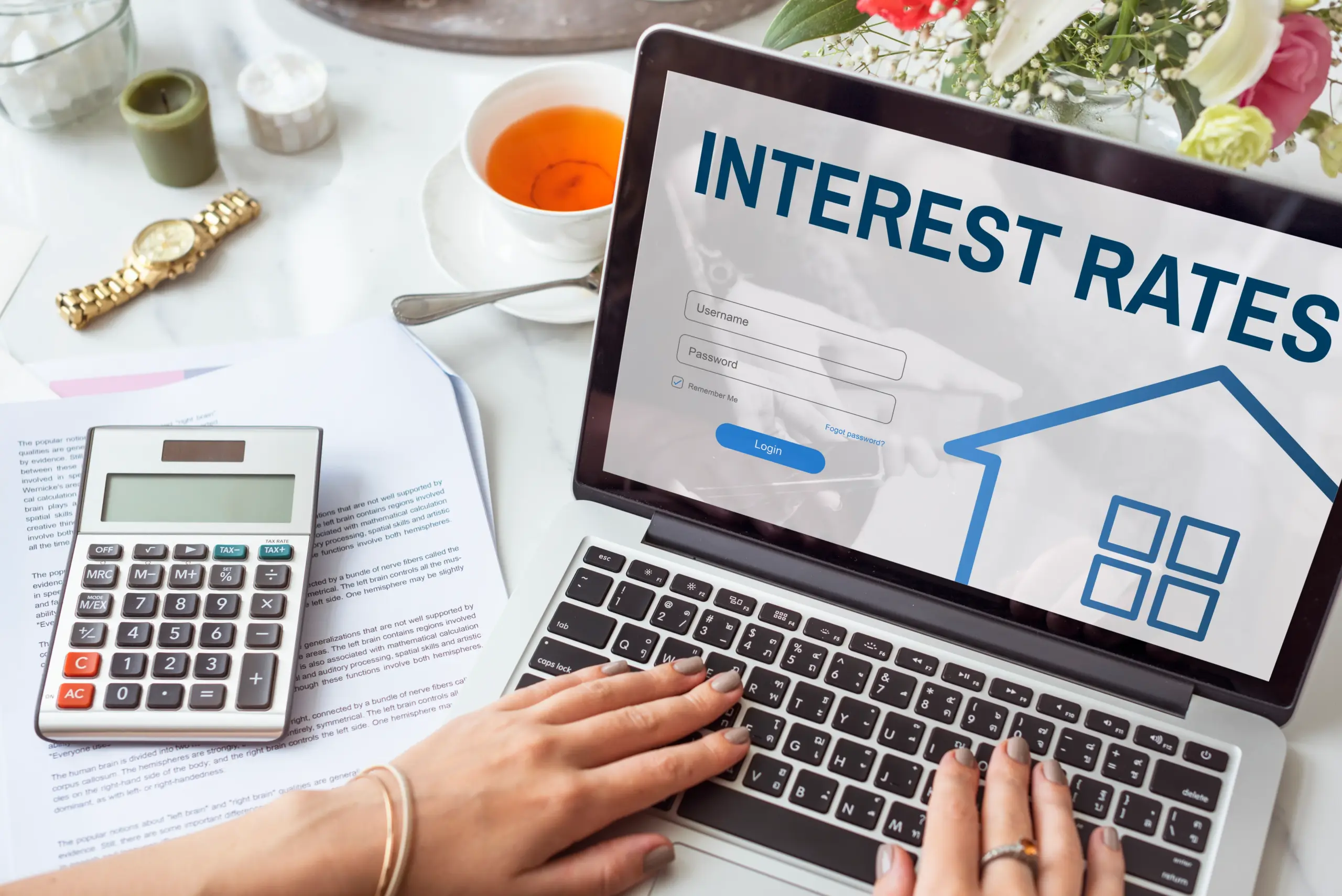Getting a mortgage when you’re self-employed shouldn’t feel like an uphill battle. Yet, many business owners are told they don’t qualify, need to change how they file taxes, or have to wait multiple years before applying. These outdated myths cause unnecessary frustration—and more importantly, they keep qualified borrowers from buying homes or investing in property when they’re ready.
The good news? The mortgage industry has evolved. If you’re self-employed in 2025, you have options. And those options aren’t limited to traditional lenders or cookie-cutter solutions.
In this article, we’ll break down what’s changed, what lenders are really looking for, and how business owners can strategically position themselves to qualify for a mortgage—without upending their business finances.
The Misconception: You Need Two Years of Tax Returns
This is the most common (and persistent) myth: to qualify for a mortgage, you must show two years of tax returns as proof of income.
While this is often the case with traditional banks and conventional loans, it’s not a universal rule. In fact, there are up to eight different qualification methods that self-employed buyers can use to get approved for a home loan—many of which do not require two full years of returns.
Alternative Paths That Don’t Require Two Years:
- Bank statement loans that use 12 to 24 months of deposits instead of tax returns.
- Profit and loss (P&L) statements provided by a CPA.
- One-year tax return programs—available if you’ve recently transitioned from a W-2 job in the same field.
- K-1 income for new partners in a firm.
For example, a licensed HVAC technician who recently left employment to start their own shop could qualify based on their first year’s return—especially if the work is a direct continuation of their previous employment.
Why Traditional Advice Can Backfire for Business Owners
Many loan officers or bank reps advise self-employed clients to “just claim more income” or “stop deducting so much” on their taxes.
Here’s the problem: that advice is rarely in the borrower’s best interest.
Most successful business owners use legal deductions to lower their taxable income. These deductions support growth—allowing for reinvestment into equipment, hiring, marketing, or new technology.
Increasing your reported income to qualify for a mortgage may reduce your loan interest rate slightly, but it could cost you tens of thousands in taxes.
Let’s Compare:
- Option 1: Claim more income.
Pay $25,000–$50,000 in extra income tax to qualify for a slightly better loan. - Option 2: Use a bank statement or P&L program.
Pay a slightly higher interest rate, but keep those funds in the business.
It’s a trade-off—and one that should be weighed carefully with both your mortgage advisor and CPA.
Schedule a mortgage planning consultation to run the numbers on your options.
Credit Requirements: What You Really Need
Another common belief is that you need excellent or “perfect” credit to qualify. That’s not true either.
Credit does play a role in the approval process, especially when it comes to down payment requirements and loan pricing—but it’s only one piece of the overall profile.
Example:
- A borrower with a 660 credit score may need to put down 20%.
- With a 740+ score, the required down payment could drop to 10% for the same loan product.
On a $600,000 home, that difference could mean saving $60,000 in upfront costs.
The key is starting early. Working with a mortgage strategist who understands self-employed lending gives you time to improve your score, if needed, and structure your finances in the most favorable way.
How Non-Traditional Mortgages Work in 2025
Today’s lending environment includes many non-traditional mortgage products tailored specifically to self-employed buyers.
These programs are designed to assess income based on how your business actually earns and spends money—not just what shows up on your tax return.
Common Documentation Methods:
- 12 to 24 months of bank statements (personal or business)
- CPA-prepared profit and loss statements
- Business license and formation documents
- 1099 income (if you’re an independent contractor)
These products are especially useful for:
- Sole proprietors
- Contractors
- Partners in firms (receiving K-1 income)
- Entrepreneurs scaling quickly but reinvesting revenue
Explore bank statement loans in Colorado for Self-employed buyers.
Understanding the Cost of Non-Traditional Loans
Let’s say you’re buying a $600,000 home with 10% down.
Here’s how the numbers could look:
- Conventional loan at 6.875%:
$540,000 mortgage = ~$3,547/month - Bank statement loan at 8.375%:
$540,000 mortgage = ~$4,107/month
That’s roughly $560/month more, or about $6,700/year in higher payments. But compare that to paying $25,000–$50,000 in additional income taxes just to qualify for the lower rate.
Plus, mortgage interest is tax-deductible. When you factor that in, the difference in net cost may be smaller than it first appears.
The key takeaway? Every situation is different. The right move depends on your goals, your financials, and your timeline.
Action Steps for Self-Employed Buyers in 2025
If you’re planning to buy in the next 12–18 months, here’s how to get started:
- Connect with a lender who specializes in self-employed mortgages.
Not all lenders understand these programs. Make sure you work with someone who does. - Review your last 12–24 months of bank statements.
Are they strong and stable? That’s a good sign you’ll qualify. - Talk to your CPA before making tax decisions.
Don’t amend your strategy just to please a lender—especially when alternatives exist. - Check your credit early.
You don’t need perfect credit, but knowing where you stand helps you plan. - Explore all options, not just traditional loans.
See what you qualify for based on your full financial picture.
Final Thoughts
Being self-employed shouldn’t be a roadblock to homeownership. With the right strategy, supporting documentation, and mortgage advisor, you can qualify for a loan that fits your lifestyle—and your business goals.
Whether you’re buying your first home, upgrading, or investing, there’s a path forward in 2025. The key is working with someone who understands how self-employed income really works.
Watch the full video explanation: Self-Employed Mortgage Myths Busted
Remember: Every situation is unique. This information is for educational purposes only. Always consult with your tax professional and mortgage advisor to determine the best strategy for your specific circumstances.










